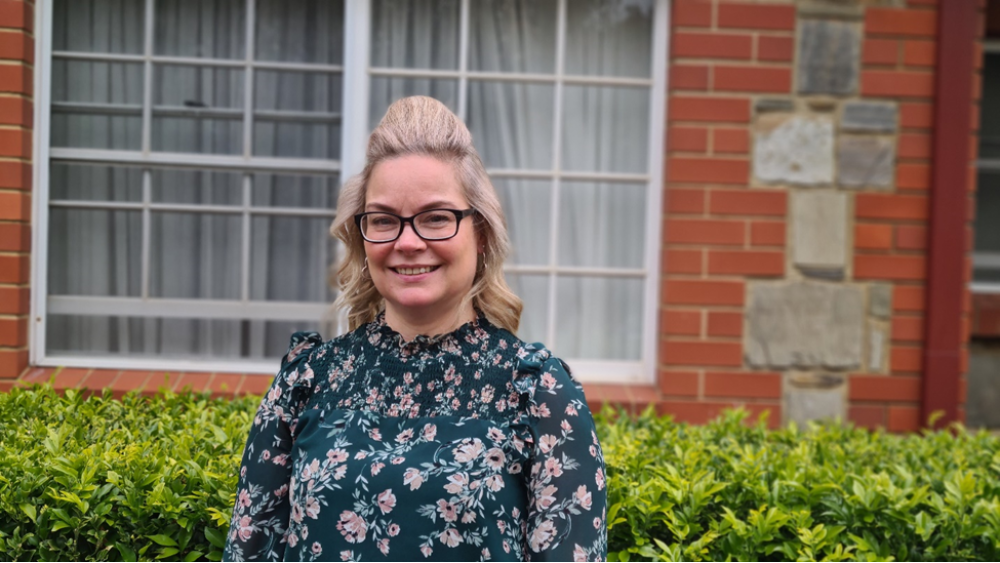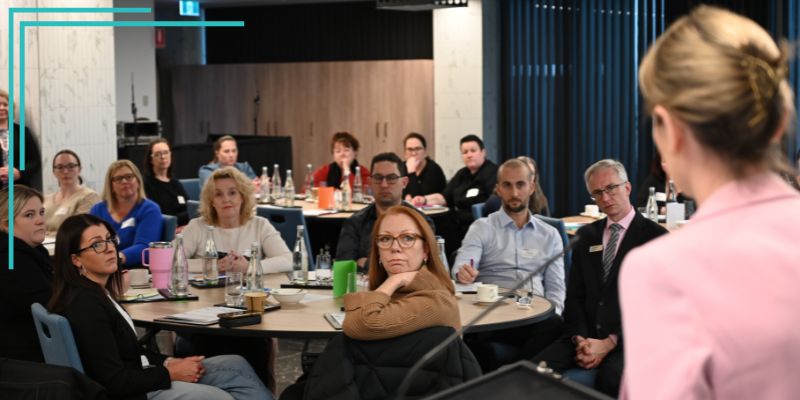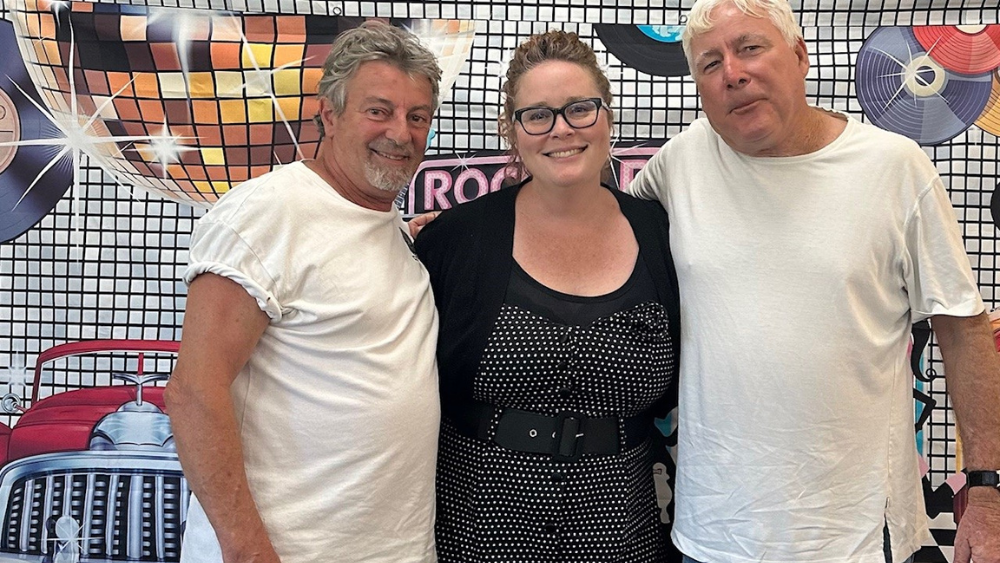Retirement living is fast paced. Its important to create an environment and routine for ourselves that fosters happiness and well-being. It will benefit us, as well as our colleagues and residents.
The DCM Institute Professional Development program for village managers rewards and recognizes those who achieve 1,000 Professional Development points. In this edition we speak to Kelly Reading, Village Manage at Retire Australia.
Public speaking isn’t for everyone, which is why we will be partnering with Cat Matson in the coming weeks for our next masterclass. Here are some tips from Cat for those who get anxious about public speaking.
This is the feedback we have been getting this week as Professional Development returned to Adelaide and Perth.
Learn more how you as a village professional can better manage your time. Improve the quality of your service and do more.
How is moving home feeling for people moving to a retirement home? It can be an emotional ordeal – regardless of age.
Let’s be honest, performance reviews can be daunting, leaving you with mixed feelings and anxiety. But it doesn’t have to be this way.
Training is all about compliance. Manual handling. Fire safety. Emergency procedures. All important – Yes. But is this empowering?
Twelve months ago, the NSW Retirement Village Residents Association (RVRA) released the report, Ageing Without Fear. The report shared the …
A former financial planner, Sarah describes her career change into village management as a “horizontal change”. “I jumped from accounting …
Elder Abuse Awareness Day (WEAAD) was established by the World Health Organization at the United Nations to provide an opportunity …
The next DCM Institute Masterclass, on Clinical Awareness for Village Managers, is being presented on the 25 & 27 June. …












